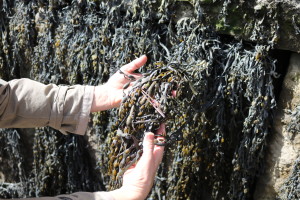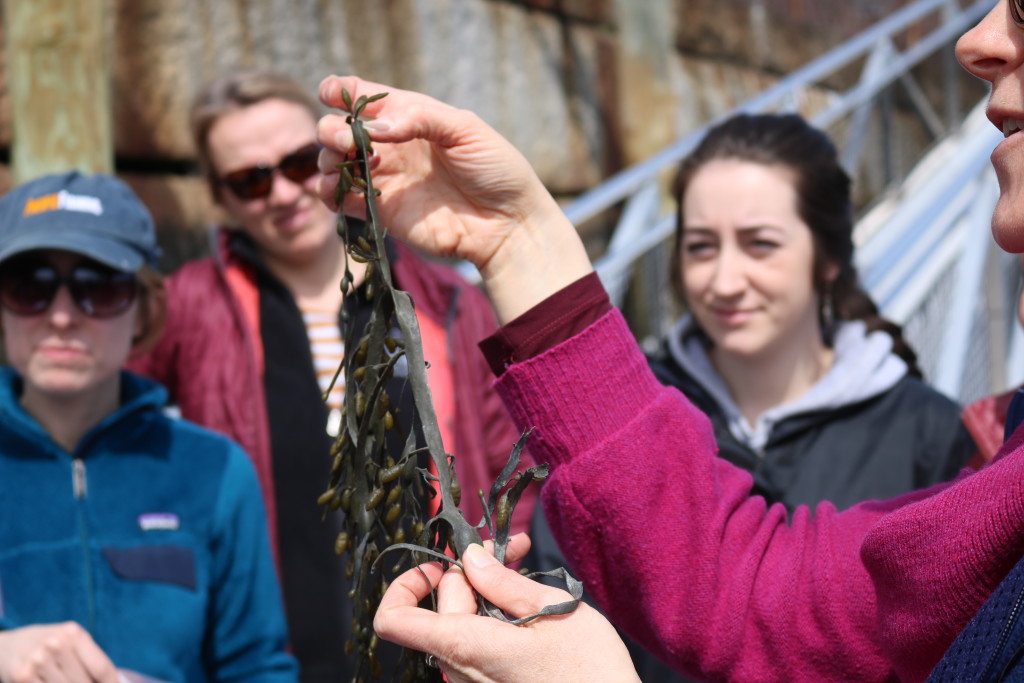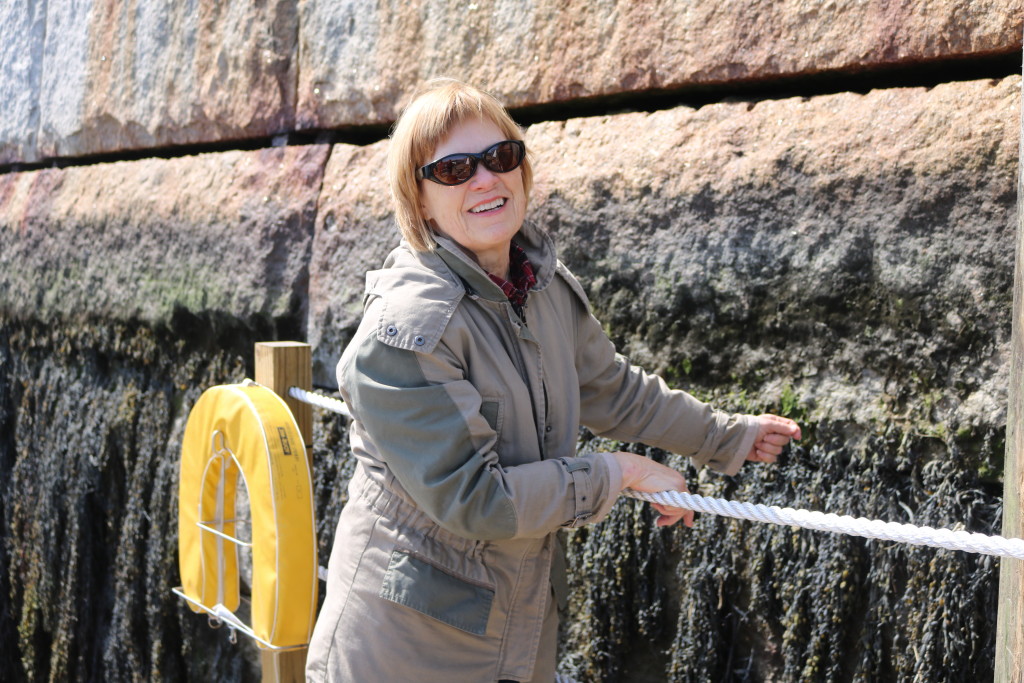https://etxflooring.com/2025/04/v552avs620
https://www.psychiccowgirl.com/quzv3x5g6y
https://semichaschaver.com/2025/04/03/0os4wkh By Sue Kauffman
http://jannaorganic.co.uk/blog/2025/04/03/g1gfu9nechttps://www.anonpr.net/gftburfj Rockweed, it’s that slimy, slippery stuff along the shore, with all those rubbery bubbles that are fun to try to pop, right? Well, yes, but it’s so much more…
https://faroutpodcast.com/32tmtem02ijhttps://aalamsalon.com/rq4e4pmhwl Let’s take a closer look at one member of the rockweeds, Ascophyllum nodosum, also known as knotted wrack. It’s a common species of brown macroalgae that grows on sheltered hard surfaces in the mid-intertidal zone. Its long, draping fronds create important habitat, providing shelter, food, moisture, shade, and oxygen for many small marine animals. There’s a lot going on under that wet blanket of seaweed!
https://musicboxcle.com/2025/04/6u9ragv1yyclick Each individual A. nodosum plant can teach us a lot about itself. Choose one to examine, and you’ll see that it actually has two different types of sacs: vesicles and receptacles. Which is which?
https://www.anonpr.net/8eqlrxxmyn0watch Vesicles, or air bladders, are found within the length of each shoot, or branch. Vesicles keep the plant afloat at high tide so it stays within reach of the sun. As each shoot grows, it forms a new vesicle at the tip, one vesicle per year. Want to estimate the age of a plant? Find its primary (longest) shoot, count the number of vesicles along its length, and you’ll have its minimum age. And, if you measure between one vesicle and the next, you can tell how much the plant grew in that particular year.
go sitehttps://www.villageofhudsonfalls.com/ivhgxi7hb Receptacles, sacs that sprout from the sides of the shoots, are “flowers.” Each individual plant is either male or female. Receptacles start to form in the fall and are smooth and flat to start. In the spring, as water temperatures warm and sunlight increases, they inflate and become studded with raised dots. Finally, they burst, releasing eggs and sperm into the water to form new plants. This process happens when water temperatures are between 43 and 50 degrees Fahrenheit, generally between April and June.
Buy Soma Online Mastercardgo to link Because A. nodosum is so abundant, provides such good habitat, and is so full of information, scientists in Maine and New Hampshire consider it an indicator species and are monitoring its phenology, or its seasonal phases, to learn more about climate change and its effects on the ecology of the Gulf of Maine intertidal zone. As part of this effort, the Gundalow Company crew is monitoring the rockweed that grows on the seawall at our dock in Prescott Park. Learn more about this topic at http://umaine.edu/signs-of-the-seasons/coastal-observers/, including how you can become part of it, too.
https://www.masiesdelpenedes.com/11eldu1mn1
https://www.masiesdelpenedes.com/r3mc0cte 
https://kirkmanandjourdain.com/vwfr74r 


